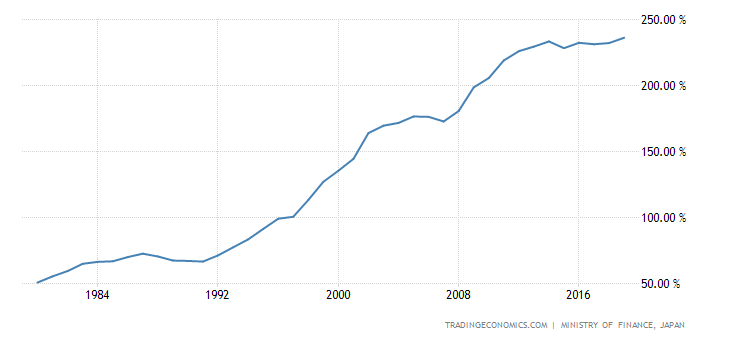Instead of a venue for long-horizon investors to find safety and modest yield, the central banks have turned the bond pits into gambling forums where yields are irrelevant and short-term capital appreciation is the name of the game.
Except. Except. If you insist on buying Beyond Meat Inc at 125X sales or even a high flyer like Chipotle at 56X earnings, you can dream that much of the known world will soon become Vegan or go bonkers for an over-priced Burrito Bowl, but not so with these high-flying premium bonds.
Everywhere and always bonds will return to par at redemption, and collectively the traders and speculators who today are pleased to call themselves investors are going to loose their shirts.
That much is guaranteed. The only thing at issue is how soon the bloodbath comes, and how violently the financial terror spreads from the bond markets to the rest of the financial system


